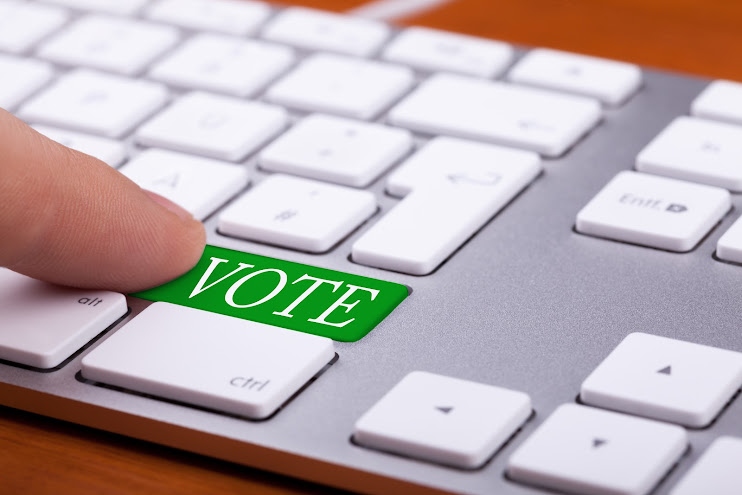HOW IMPORTANT IS LOCAL GOVERNMENT IN PAKISTAN?
Local
governments can be an essential vehicle for democratization. They bring
politics to the grassroots, helping end dynastic politics and strengthen
democracy.
But if Pakistan’s central government is reluctant to
decentralize, it can create alienation between citizens and local elected
leaders. The ladder model of participation demonstrates that this alienation
increases as the governance level goes up.
BASICS
The Atlantic Council’s South Asia Center and South Asia
Democracy Watch co-hosted a discussion on the importance of a well-functioning
local government system to improve governance in Pakistan.
This research explores the barriers to citizen participation in
Pakistan’s local government system. It demonstrates that introducing new
systems is not enough when there is no firm commitment from the national
government to pro-citizen participation. Even if the approach is appropriately
structured and well-resourced, citizens will still face barriers such as low
trust levels, lack of information, and corrupt officials.
Local governments in Pakistan are constituted at three levels:
district, town and union. These are g overned by the local government acts of
each province, which determine their mandate and structures. Grassroots
organizations such as village and neighbourhood councils are also formed to
promote participatory governance at the grassroots level. The design and
functioning of local governments differ significantly across the provinces.
This reflects the fact that different provinces have their visions about
decentralization.
HISTORY
In Pakistan, the local government had a checkered history.
Various military regimes used the institutions to cultivate loyal cadres of
politicians that could be pitted against democratic forces.
Following the elections, there has been a lively and sometimes
acerbic policy debate on local governance. This debate has included
representatives of multiple government levels, scholars and academics,
columnists and media commentators, and members of civil society organizations.
But the debate has missed one voice-that of citizens. A recent
UI/Nielsen survey finds that citizens are highly critical of their local
governments. They believe that corruption is rampant in districts and tehsils,
whether in the form of small bribes for services or corrupt bidding for
contracts. The system is also opaque and obstructs accountability. Recognizing
these shortcomings is an essential step to improving local governance. But this
will require a fundamental shift in political culture. It will require that
elected representatives, as well as the tehsil and district nazims, recognize
their responsibility to represent the needs of their constituents and bolster
transparency in decision-making.
FUNCTIONS
Local
governments provide an essential opportunity for poor people, minorities and
women to participate in governance decisions that are most closely related to
them. They also bring politics to the grassroots level and function as a
nursery for future political leaders, curbing dynastic rule and strengthening
democracy.
Provincial governments devise their own local government
systems, which differ in terms of the tiers and categories of local government
units. They include district government units, tehsils and townships (or union
councils in some provinces) at the lowest levels and village and neighborhood councils in some regions.
Despite the glimmer of hope generated by the passage of the local government act in Baluchistan, Sindh and Khyber Pakhtunkhwa (KP) in 2010 and 2013, the prospects for improvement remain bleak. Among other issues, internal accountability mechanisms are weak, corruption is rampant in districts and tehsils, and the district nazims’ offices and the quality of development works are sub-standard. The Atlantic Council’s South Asia Center and South Asia Democracy Watch are holding a conversation on the role of local governance in Pakistan’s sustainable development.
ORGANIZATION
The
Pakistani government has passed several local government acts and ordinances
without the consultation of stakeholders. It is also imposing new laws on
districts and tehsils without proper review. This erodes the spirit and
autonomy of these bodies and increases alienation between citizens and
governance structures.
Moreover, these elected local politicians are feared to be part of a large patron-client network which extends up to the provincial and federal political arenas. Therefore, public participation at the local level would expose the evil use of public funds by these politicians to serve their interests.
CONCLUSION
The lack of a political culture that could hold local political
elites accountable is another key reason for the lack of public participation.
The elites benefit from an illiterate, poverty-stricken and politically unaware
general public that they can manipulate to their advantage. They thus prefer to
avoid inviting the citizens to participate in their decision-making, which
would reveal their character and influence to the public.




Comments
Post a Comment